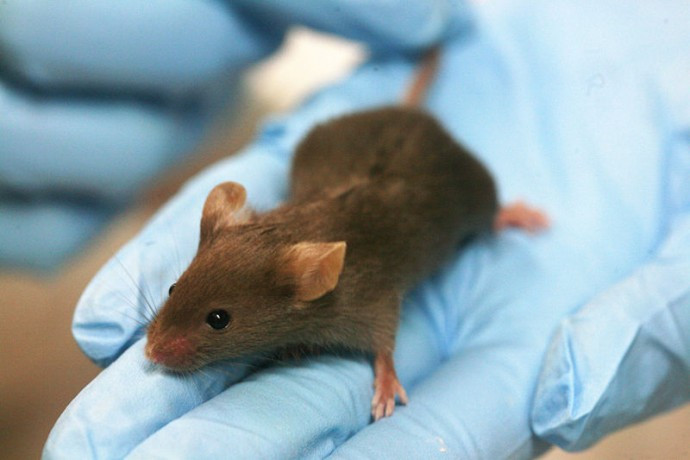Cancer cure: Molecule that blocks cell defence mechanism shown to shrink tumours

In a clever move, researchers have turned the cancer cell's defence mechanism to work against the cells and kill them.
They did this by using a small toxic molecule called 6-thiodG to which the telomerase complex binds preferentially and leads to the death of the cancer cells.
The study by UT Southwestern Medical Center showed broad efficacy against a range of cancer cell lines with very low concentrations of 6-thiodG, as well as tumour shrinkage in mice.
DNA structures known as telomeres cap the ends of the cell's chromosomes to protect them from damage. They become shorter every time the cell divides. Once telomeres have shortened to a critical length, the cell can no longer divide and dies.
But cancer cells are protected from this death by an RNA protein complex called telomerase, which ensures that telomeres do not shorten with every division.
Drugs have been developed to target telomerase and block its action, but these drugs have to be administered for long periods of time, leading to considerable toxicities. The problem is compounded by the fact that cells in any one tumor have chromosomes with different telomere lengths.
The present study found that the molecule 6-thiodG is preferentially used as a substrate by telomerase and disrupts the way cells maintain telomere length.
This is because 6-thiodG is not normally used in telomeres and its presence sets off an "alarm" signal recognised by the cell which then stops dividing and dies.
"Since telomerase is expressed in almost all human cancers, this work represents a potentially innovative approach to targeting telomerase-expressing cancer cells with minimal side effects on normal cells," said Dr Jerry W Shay, professor and vice chairman of Cell Biology at UT Southwestern.
UT Southwestern researchers collaborated with researchers in the Department of Biochemistry at Hacettepe University in Ankara, Turkey, including Ilgen Mender, visiting junior researcher at UT Southwestern, and Zeliha Dikmen; and Dr Sergei Gryaznov, chief technology officer with AuraSense Therapeutics in conducting the study.
© Copyright IBTimes 2025. All rights reserved.



















